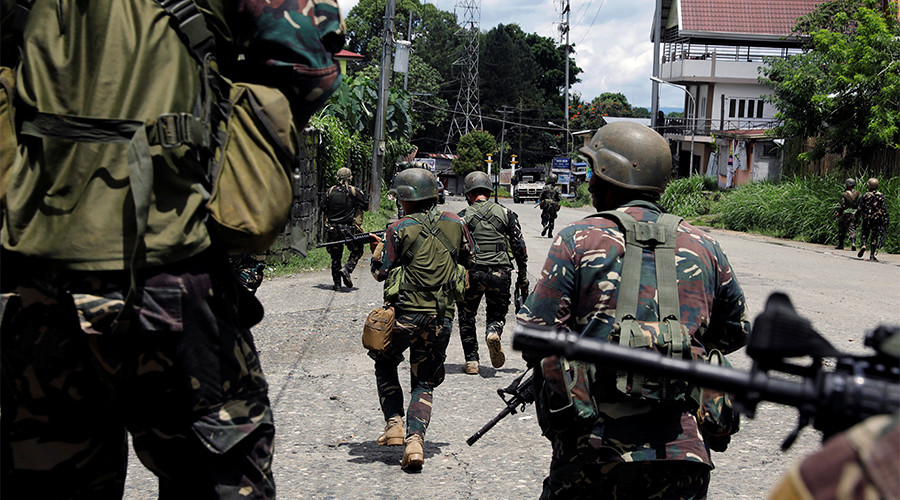Australia to help Philippines
August 31, 2017 | Expert Insights

Australia is willing to help Philippines in its efforts to fighting ISIS in the country.
Over 100 security personnel, rebels and civilians have been killed in the ongoing conflict between the Philippine government and ISIS affiliated militants in the country.
Background
From May 2017, there have been a number of armed conflicts taking place between the Philippine government and militants affiliated to the Islamic State (ISIS). This has occurred in the Islamic City of Marawi.
The conflict can be traced back to an offensive launched by the government on the city in a bid to capture Isnilon Hapilon, leader of the ISIL-affiliated Abu Sayyaf group. The government had received multiple intelligence reports claiming he was in the city. Hapilon’s forces opened fire on the armed troops part of the government and violence ensued. On 15 June 2017, a politician from Philippines said residents fleeing besieged Marawi City have seen at least 100 dead bodies, scattered around the encounter area. ISIS has killed at least 66 Philippines soldiers and wounded hundreds.
U.S. Secretary of State Rex Tillerson has said that ISIS is slowly and steadily gaining foothold in Philippines. During a White House briefing he said, “I think our next steps on the global war to defeat ISIS are to recognize ISIS is a global issue. We already see elements of ISIS in the Philippines, as you're aware, gaining a foothold. Some of these fighters have gone to the Philippines from Syria and Iraq.”
Analysis
Australia has already provided assistance to Philippines in its efforts to fight ISIS-affiliated elements. Since May 2017, it has sent two surveillance planes to help the country in the Mindanao region. Australian foreign minister, Julie Bishop, has now revealed that the country was committed to providing further assistance in the coming weeks.
Bishop spoke to reporters noting that Australia is willing to assist Philippines in the same capacity as it is helping in Iraq. She said, “The armed forces of the Philippines are in the process of engaging in a pretty brutal fight with ISIS … and we have offered to assist in any way that might add to the likelihood of defeating this scourge in the southern Philippines. Obviously, we would be ready to support the Philippines in the same way we are supporting Iraq in advising, assisting and training, as the armed forces [in] Philippines are in the process of engaging in a pretty brutal fight with ISIS.”
Australia is not the only nation that has stepped forward to provide assistance to the Philippine government. According to Bishop, the United States, Malaysia and Indonesia have also offered their resources
Assessment
Our assessment is that similar to Australia, more western nations are likely to offer their services in fighting ISIS in Philippines. If Philippines is unable to arrest the gains made by ISIS in its country, then it will run the risk of becoming a war zone in the same way Iraq and Afghanistan have become.








Comments